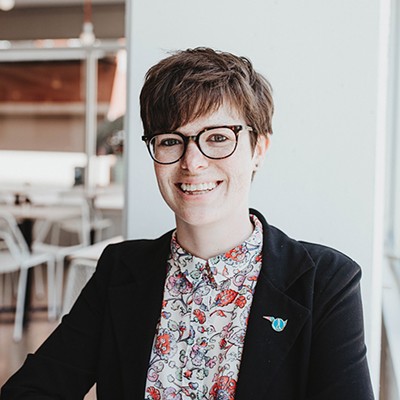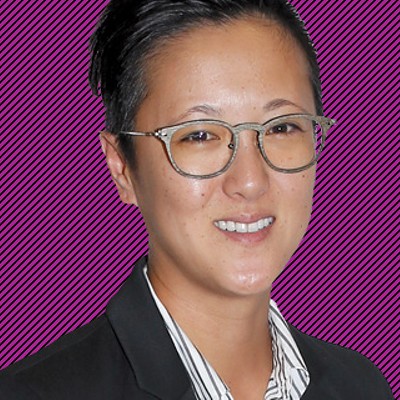Sometimes, all it takes is one phone call.
One phone call was enough to get Dr. Lisa Frey thinking about what she could do to help those seeking mental health services but are unable to afford them.
"It was a pretty heartrending story about having children to support and nowhere to live "¦ and having to go to some pretty drastic extents to get enough money to feed their children," said Frey, Counseling Psychology Clinic director at the University of Oklahoma's Jeannine Rainbolt College of Education. "It just bothered me so much."
With this story in mind, Frey made a decision that the clinic would not turn people away because they could not pay. The result is a new pro-bono program, made all the more important by recent state budget cuts to mental health and counseling services across the state.
Normally, the clinic, which is self-supported, operates on a sliding-scale fee basis " service costs are determined by income and family size. Fees can be as low as $10, but it has become apparent that there's a segment of the community that can't afford even the lowest payment, she said.
Accordingly, the clinic has begun offering pro-bono services to those who can demonstrate financial need. Clients approved for the program can come in for eight sessions free of charge.
During those eight sessions, the mode of operating is a brief-therapy model. Counselors " all graduate students " set goals they think are achievable in eight sessions, which could be a number of things, including setting up the client with a community program to provide longer-term services.
What happens at the end of the pro-bono services varies from case-to-case. The clinic helps some clients find other services in their area for continued help. Others more fortunate actually find work during the eight-session time period and move over to the sliding-scale fee system. Then there are those who end up utilizing another eight sessions of pro-bono services. But Frey said the clinic tries to keep that at a minimum.
"We want to work with as many clients as we can, and we're trying to keep it focused on what we can do to help you in your immediate circumstances," she said.
The clinic has served the OU and Norman communities for more than 40 years, and Denise Beesley, director of the OU Assessment Clinic, said this new program is just a continuation of the commitment to service. As a training clinic, the program is also uniquely adapted to doing this type of work, she said.
The clinic utilizes graduate students " all supervised by doctor-level psychologists " who need to see patients, and the patients that need treatment. The equation works. In addition, Beesley said it's an incredible opportunity for the students to learn purposeful and goal-driven therapy methods because they have only eight sessions to help these people.
Doing the work for pro-bono also gives students a more service-oriented outlook, Frey said.
"I like that our students are thinking about more than how much money they're going to make, but they're also able to think about how they can give back to the community," she said. "To me, that's what being a counselor is all about."
The clinic's financial situation is also what enables the program's viability. Although it is part of the University of Oklahoma, the clinic is still self-supported. But it doesn't have to turn huge profits to stay in business.
And the consequences for not filling the void of mental health services and substance abuse programs are too high to bear, Frey said. A rise in homelessness, crime and drug and alcohol abuse can all be expected if the services aren't available.
"Oklahoma's going to suffer. Each of us is going to suffer. Communities are going to suffer. The state's going to suffer," she said. "So it's sort of shortsighted "¦ to look at cutting those programs because, ultimately, we're going to end up paying the price."
With that in mind, Frey and Beesley said the program will continue as long as it's needed.
"Our goal is to give people a little breathing room until they can find some additional support," Beesley said. "Nicole Hill
photo Dr. Lisa Frey











